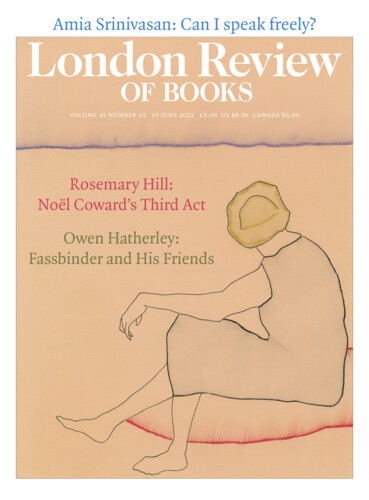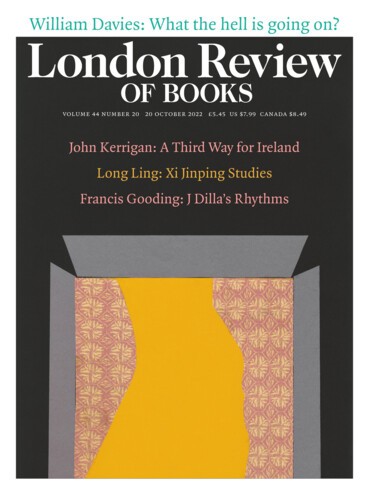Ownership Struggle: Refusenik DPs
Susan Pedersen, 5 June 2025
The Second World War is often described as a total war – that is, a war which blurred the divide between front and home front, colony and metropole, women and men, soldier and civilian. But if we shift our attention from Dunkirk and Normandy eastwards – to the war Germany unleashed against Poland and then, from 1941, the Soviet Union – total war seems an understatement....





